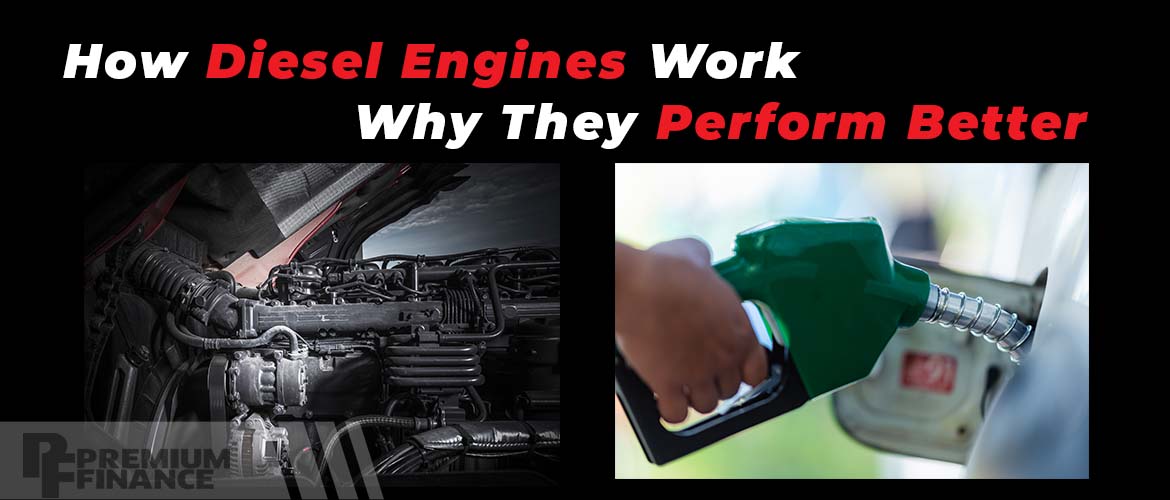Most engines, including #dieselengines, work via internal fuel-burning that supplies the energy to move pistons and circulate power to the wheels. Specifically, a mixture of fuel and air is ignited inside the #enginepistons, which moves the pistons and creates power.
Yet, not all #internalcombustion engines work the same. While #gasolineengines use #sparkplugs to ignite the fuel and air mixture inside their cylinders, diesel engines simply compress the mixture until it reaches a temperature where it combusts. The process involves forcing the air and fuel into a smaller space, which can heat the mixture to 1,000 degrees or more.
The benefits of a diesel engine include excellent #fuelefficiency, less maintenance, and greater reliability.
A diesel engine can last for more than 300,000 miles. Its cycle is simply more efficient and operates with fewer parts than a gas engine. The higher air compression performed by a diesel engine’s elements is more excellent than that of a gas engine, specifically because of the gas engine’s dependency on spark plugs to ignite the fuel and the larger quantity of fuel required to complete the ignition cycle.
Diesel engines used to take more time to warm up in very cold weather in the past, but nowadays diesel engines perform better with glow plugs. These heating devices help accelerate the warming-up procedure that’s necessary to superheat air and get the engine moving. #GlowPlugs can normally last for around 100,000 miles. You may think this is not good for the environment and pollution, but in fact, diesel engines actually use less fuel compared to gas engines.
How Diesel Engines Work and Why They Perform Better
- Used Diesel Pickup Trucks Financing in Orange County
- Blog
- Uncategorized
- How Diesel Engines Work and Why They Perform Better
Recent posts

8 Things to Consider When Choosing a Ford Truck
June 6, 2022

8 Reliable Classic Truck Engines
May 10, 2022

They Last Forever: Used Trucks With The Best Diesel Engines
March 14, 2022

Truck Performance Highlights
January 19, 2022








